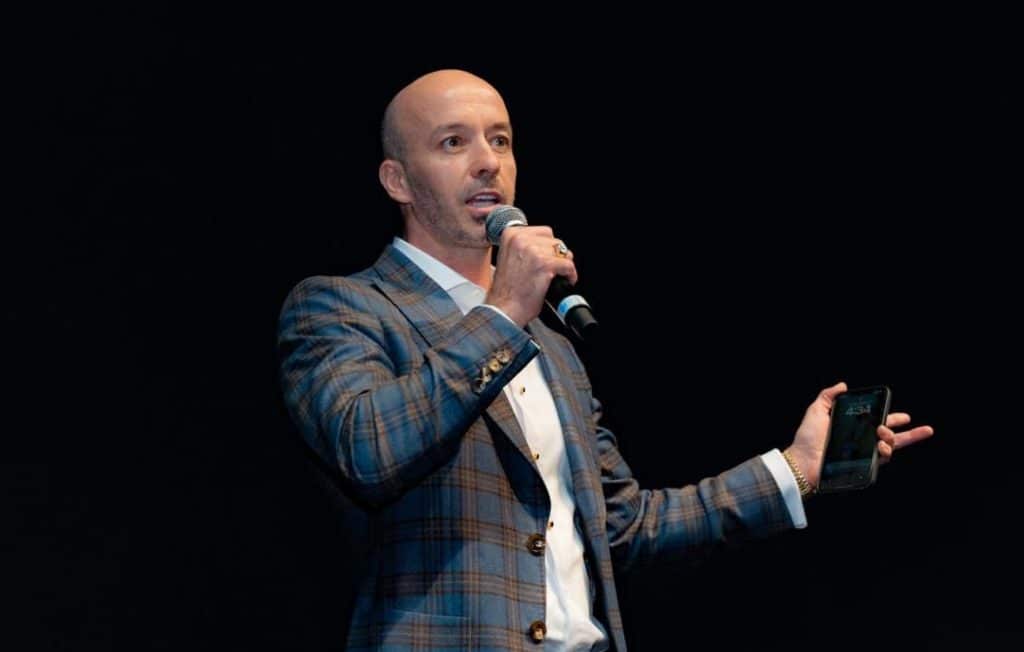The world of finance is changing faster than at any point in history. Technology, globalization, and shifting cultural values are reshaping how money moves, how wealth is built, and how opportunities are shared. For Eduard Khemchan, a man whose life bridges humble beginnings and cutting-edge innovation, the future of finance is not just about algorithms and assets—it is about accessibility, integrity, and vision.
Eduard’s journey began far from the centers of Wall Street or Silicon Valley. As a boy who moved from Georgia to the United States at the age of twelve, his introduction to hard work came in the form of newspaper routes. He learned early that the effort you put in directly shapes the results you get out. That work ethic would later carry him into entrepreneurship, trading, and investment. Yet what makes his perspective on finance so unique is not simply his technical knowledge but the values he brings to it.
When Eduard first entered the financial markets in the late 1990s, he saw firsthand how quickly innovation could disrupt entire industries. Online trading platforms were emerging, and the barriers to entry were beginning to fall. Stocks, options, and forex became accessible to individuals willing to study, take risks, and commit themselves to learning. Eduard was one of those early adopters, recognizing that technology could open doors for people who were previously excluded. That insight continues to inform his outlook today.
As he looks ahead, Eduard sees finance moving toward a model that is more decentralized, transparent, and inclusive. Blockchain technology and digital assets have already challenged traditional banking and investment systems, but Eduard views these tools as just the beginning. For him, the real transformation lies in how these innovations can empower individuals—especially those who have historically been left behind by complex financial institutions.
Artificial intelligence also plays a central role in his vision. Eduard understands that AI is not simply a buzzword; it is a mechanism to make markets more efficient, to analyze risks with greater precision, and to create systems that adapt in real time. But, as always, he balances this excitement with caution. Technology, he believes, must serve people—not the other way around. To him, the future of finance will be defined not only by smarter machines but by smarter ethics guiding their use.
Another key part of Eduard’s outlook is philanthropy. He believes that as financial technology connects more people than ever before, there must also be a renewed focus on responsibility. Wealth creation should not exist in isolation. It should ripple outward, improving lives and creating opportunities for communities across the globe. In his eyes, the future of finance will be judged not only by innovation but by the humanity it inspires.
Eduard is quick to point out that the principles of finance are timeless, even as the tools evolve. Hard work, discipline, and vision remain as critical today as they were when he was starting his first construction business at twenty-one. What has changed is the scale at which those principles can now be applied. With decentralized finance, global connectivity, and real-time markets, an individual trader or entrepreneur can make an impact that was once unimaginable.
Looking ahead, Eduard Khemchan envisions a financial world where opportunity is less about where you were born or what institutions you belong to and more about your willingness to learn, adapt, and contribute. He imagines a future where innovation is guided by integrity, where wealth is paired with responsibility, and where finance becomes less of a closed system and more of a shared ecosystem.
For those willing to embrace change, the road ahead is filled with possibilities. And through the eyes of Eduard Khemchan, the future of finance is not just brighter—it is fairer, more inclusive, and undeniably human.
